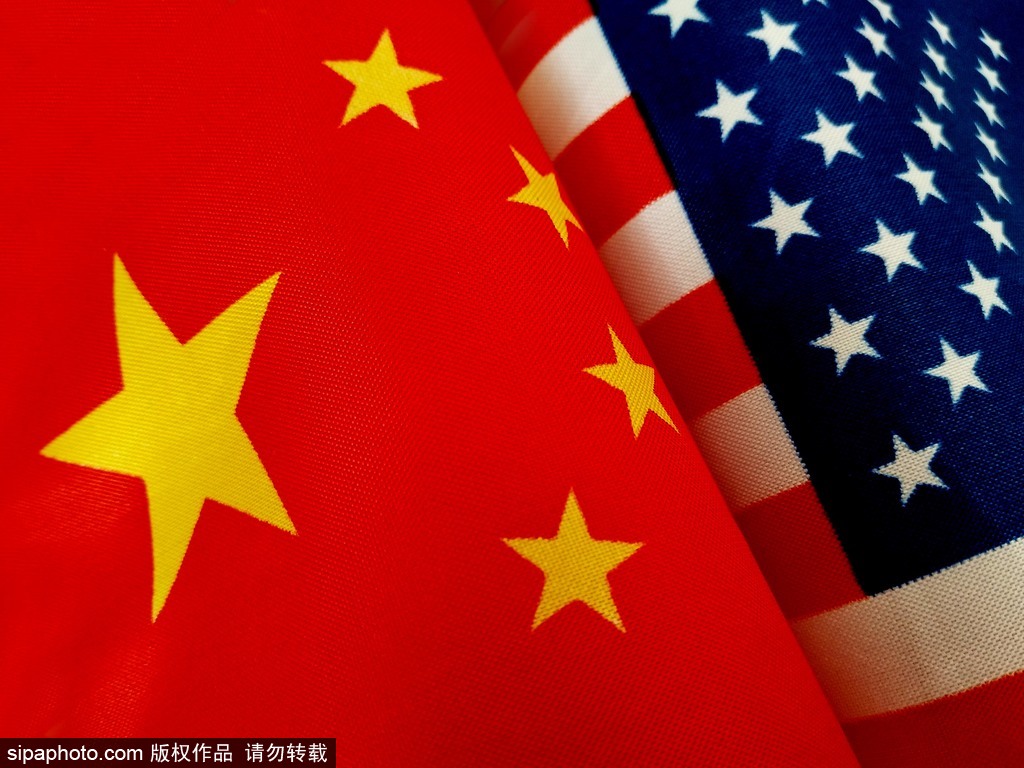'Clean Network' is dirty play by Washington
By Mitchell Blatt | chinadaily.com.cn | Updated: 2020-08-31 08:17

When US Secretary of State Mike Pompeo announced an unconstrained expansion of his anti-Chinese tech plan, which he calls "Clean Network", Huawei had recently become the global leader in smart phone sales.
The goal of "Clean" is not to make the American internet safer or more secure. It is to try to stifle China's advances in technology and maintain American hegemony.
The goal is not to protect the privacy of Americans. If it was, the US government would be doing something about Facebook, Amazon and other tech companies that harvest users' personal information to feed them fake news and ads. The European Union, which has much tougher privacy laws than the United States does, after all, is not considering banning TikTok. (Facebook and Twitter are, however, under investigation in multiple European countries for allegedly violating privacy laws.)
In fact, right in Pompeo's press release, he does not mention any broad goal of making the internet safer but rather singles out China explicitly and exclusively. He outlined the goals as, "To ensure untrusted People's Republic of China (PRC) carriers are not connected with US telecommunications networks. … To prevent untrusted PRC smartphone manufacturers from pre-installing –or otherwise making available for download – trusted apps on their apps store." In total, he made six references to China in a short nine paragraph rant.
If there's an insecure app released by a country Washington considers an enemy, like Russia, or by an American website with an NSA-backdoor built in, it wouldn't qualify for scrutiny under Pompeo's program.
And while apps like TikTok keep track of its users' likes, friends and user habits in order to customize their news feeds, that is literally the same thing every social media company does. As Zoé Vilain, chief privacy officer for Jumbo, said, "In comparison with the privacy policies of Facebook and Instagram, I don't really see much difference."
While Pompeo's program won't do much good, it will do a good deal of harm to both American citizens and American companies. Beyond the overarching fact that the US is increasing tensions and making the world less safe, Clean will also have specific individual effects on Americans, making it harder for them to communicate with each other, and making it harder for businesses to function.
Referring back to the written goal of Clean, the US wants to block American companies from being able to offer their apps to the huge Chinese market. Already Google has been blocked from offering its OS on Huawei phones, and there's consideration that the US might expand such bans to other companies' apps on other Chinese phone makers. The primary effect of this unilateral policy would be for the US to block its own companies from the marketplace.
There's no rational purpose served by blocking, say, Skype, from being downloaded in China. If the pretextual goal of Clean is to protect Americans from Chinese apps, banning Chinese from using American apps wouldn't even accomplish that goal.
Banning Americans from using Huawei technologies, as well as communications apps that were developed in China, and other software and hardware innovations, on the basis of the race or nationality of the developer or owner of the products, however, would cut Americans off from many in the world.
Blocking WeChat, for example, would make it harder for nearly 20 million Americans to communicate with family and friends. Many of those affected happen to be Asian-Americans. It just so happens that the Trump administration putting this ban in place has been using racist language to demonize Asians and Asian-Americans for most of the year, as they continue to call the coronavirus "kung flu."
Blocking TikTok would deny 80 million Americans access to the speech output of 800 million people around the world, including some producers and brands who make money off of it.
In previous speeches, Pompeo has mentioned "content censorship," but effectively, the administration is engaging in the censorship of millions of Americans who use TikTok to express their political views and share tips on organizing protests. The hashtag #blacklivesmatter has tallied over 2 billion views on TikTok. TikTok's politically engaged users tend to be younger, sometimes called "TikTok teens", and disproportionately people of color. They are voices who are not well-represented in America's mainstream media.
It must be noted that the Trump administration's ongoing provocations against China have been ratcheted up in 2020 as November's presidential election nears. It is primarily a political campaign, with an economic component, to shield Trump from criticism over his failed response to the coronavirus pandemic.
Thirty thousand Americans died of coronavirus in August, but Trump is going to tell the voters, "I'm being tough on China," to hope enough of them will be distracted to give him another term or maybe make him president for life.
Mitchell Blatt is a columnist and a graduate of the Johns Hopkins School of Advanced International Studies. The opinions expressed here are those of the writer and do not necessarily represent the views of China Daily and China Daily website.
























